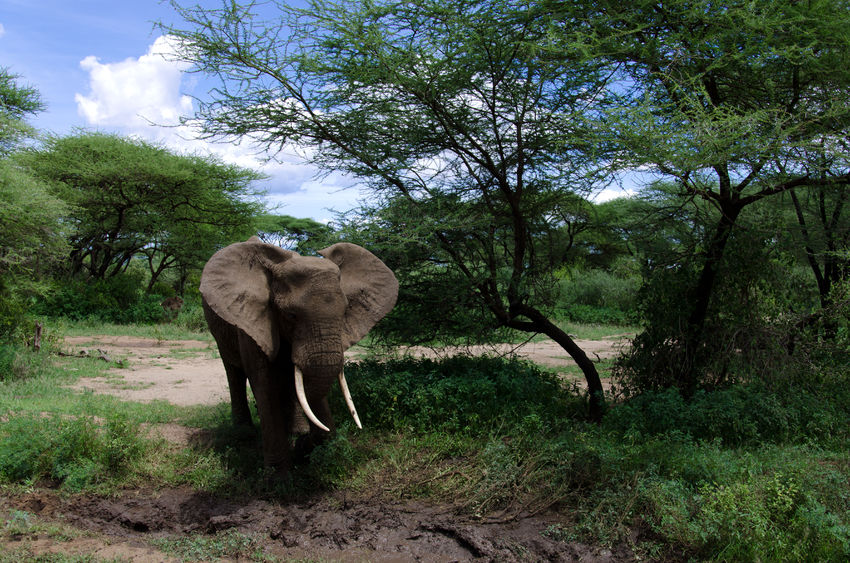
For many years authorities around the world have pledged to help end the slaughter of African elephants and rhinoceroses by poachers looking to cash in on their valuable ivory tusks and horns. Now, in a move to increase the U.S. contribution to the effort, authorities in the United States are looking to practically ban the trade of African elephant ivory in the country.
The majority of illegal ivory goes to China, while the United States is the world’s second largest importer of the precious resource. But under a new rule, set to take effect on July 6, African elephant ivory importation, exportation, and sales across state lines will be substantially limited according to the U.S. Fish and Wildlife Service.
The new rules will not ban all trading of African elephant ivory. For example, artifacts which are documented to be at least 100 years old are exempted, as are certain kinds of musical instruments, furniture, and firearms. Additionally, those who already possess legally obtained ivory may transfer, donate, or give it away providing there is no exchange for any money, goods, or services.
Though the previously mentioned exemptions may be somewhat understandable to conservationists, one of the more controversial exemptions to the new rules will allow sport hunters to bring back parts of the animals as trophies, with a limit of two per year for every hunter. Additional case by case exemptions may also apply.
It is believed that over 35,000 African elephants lose their lives every year as a result of the ivory trade, a fact which is even more shocking considering that there are fewer than 500,000 African elephants left in the wild. In 2013 President Barack Obama issued an executive order which was intended to help curtail the trafficking of certain kinds of wildlife.
Though the new rules will likely help shrink the American demand for illegally poached ivory, demand may continue to be high in the Middle East and particularity in Asia, where elephant and rhino ivory are used both for ornamental purposes and in traditional medicines. For its part, the world’s largest importer of ivory, China, pledged in March to do its part in helping curtail domestic ivory consumption.



Leave a Comment